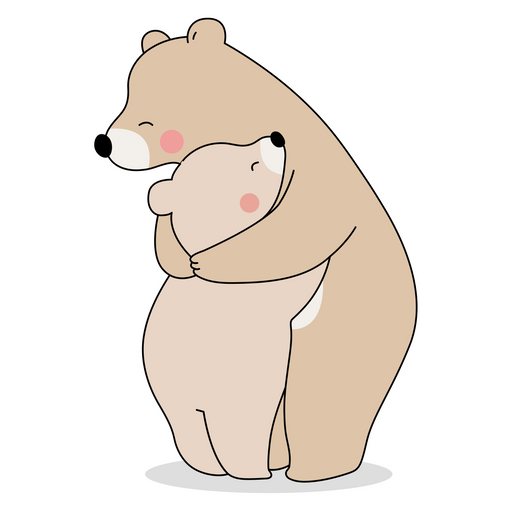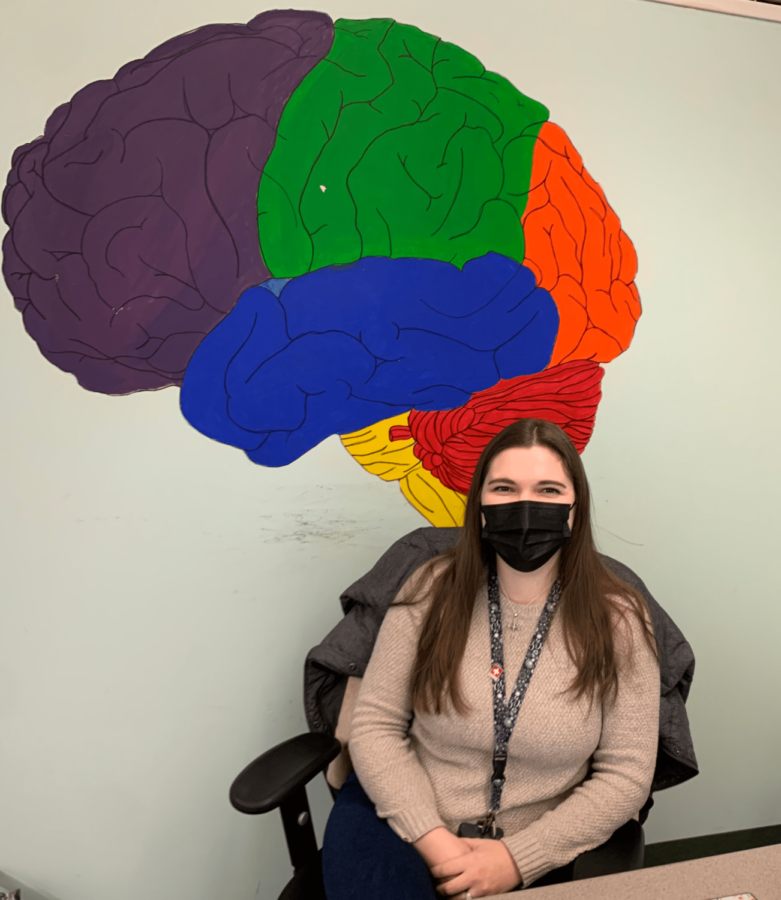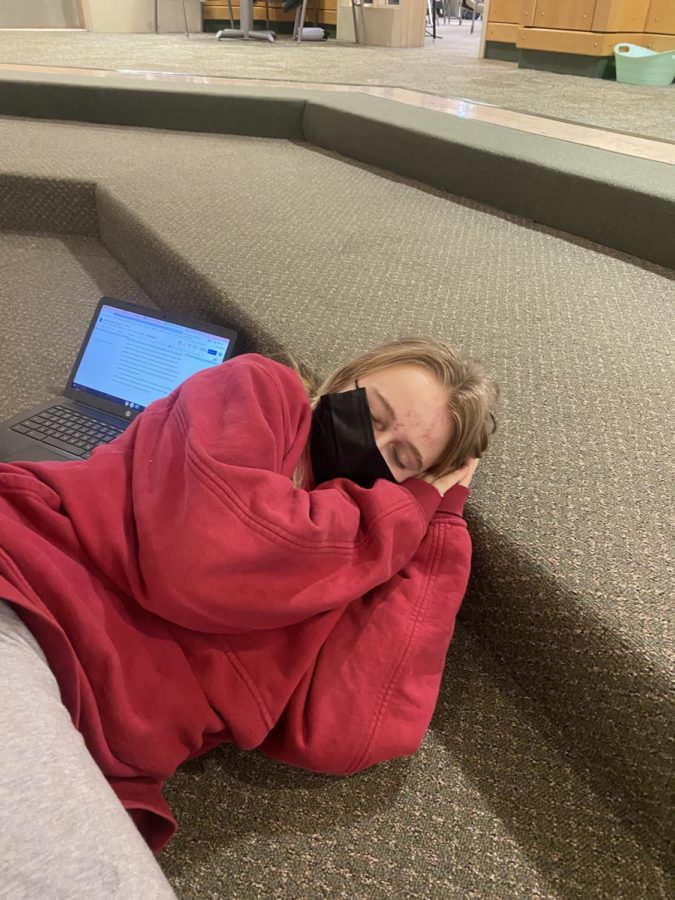
Perhaps you have received bad news, or you are feeling sad. Maybe a surplus of homework has become overwhelming, or that ever-growing pile of laundry waiting to be folded. Hugs chase away negativity! A good hug will reduce feelings of anxiety, loneliness, and depression while simultaneously increasing feelings of safety and belonging.
High stress levels can be caused by demanding jobs, toxic relationships, and even nutrition (such as over consumption of caffeine). The common short term effects of stress are sleep deprivation, weakened immune system, headaches, and more. Sleep problems can increase risk of sadness or depression, causing an overall sense of dread. The long term effects of stimulating stress are: an increased risk of heart disease, stroke, digestive issues, high blood pressure, heart attack, and the impairment of your memory as well as concentration. However, when you hug someone, you release a hormone called oxytocin. Oxytocin is sometimes referred to as the “love hormone” because it’s created when you’re physically close to someone else. When the hormone is produced, it will limit the production of the stress hormone, norepinephrine. This effectively relieves feelings of stress and calms you down.
Not only do hugs benefit you physically, but they can also positively impact your mental health. Evan Kilgour, a senior at Ipswich High School, commented, “… it’s just comforting. It’s just something about the pressure of a hug, the embracing of a hug, it’s really comforting to me and I know that it helps a lot of other people too.” Hugging is a great way to express support and reassurance as a replacement for words. Evan explained,“I think showing someone love and affection can really change someone’s outlook because it just shows them that someone cares enough to go out of their way to give them a hug or show them that you care.” Other people, who might not be interested in hugs or are perhaps sensitive to them, are content with having their hand be held or rubbing their back. It has been shown to be just as effective as receiving a hug. Evan adds,“It’s showing that you’re there for someone and showing that you care about them, and it sorta feels like they’re not alone, and that they don’t have to carry this burden by themselves.”
However, in some cases, receiving a hug may have the opposite effect by inducing more anxiety. Make sure that you ask the person if they need a hug or are okay being provided with an embrace. Emerson Labreque, a junior at Ipswich high school, speaks out on how they don’t like hugs, “mostly just because of the wrong person, you know? And germs, and sometimes it is just weird receiving hugs from people you don’t know, and if you’re not used to receiving it and you don’t know how to receive the affection.” Moreover, individuals can be unnerved and uncomfortable when receiving a hug from unfamiliar people, heightening feelings of panic as opposed to reducing them.
In some cases, individuals may have an aversion to touch or have an extreme fear of germs. Self-hugging, pet therapy, and volunteering or helping others can stimulate the effects of a hug. Although it may feel silly, a self-hugging can trigger a reaction similar to that of a hug from someone else. Don’t focus on how it may appear, simply center your attention to the warmth and comfort it’ll bring. Pet therapy may be inapplicable to people with mysophobia (people with an extreme fear of germs); however, interacting with animals can also trigger the release of oxytocin. Interacting with animals can be petting a dog or cuddling with a bunny! Having a weighted blanket can also have a positive result, as the weight leads to a rise in oxytocin levels, which then lowers your blood pressure and heart rate. So, who wants a hug or a weighted blanket?




